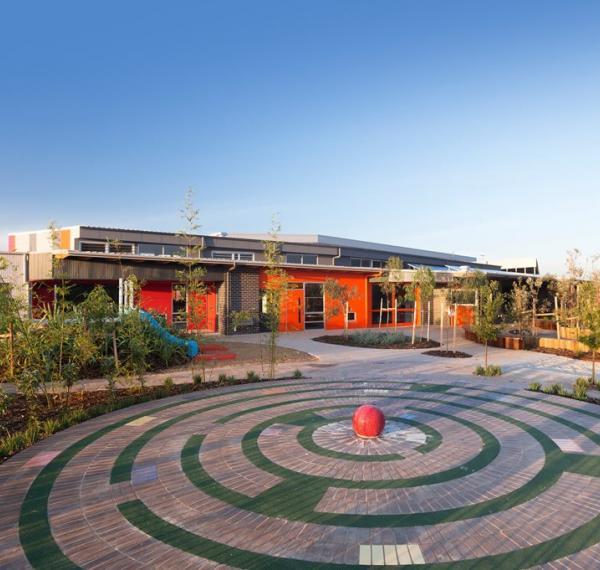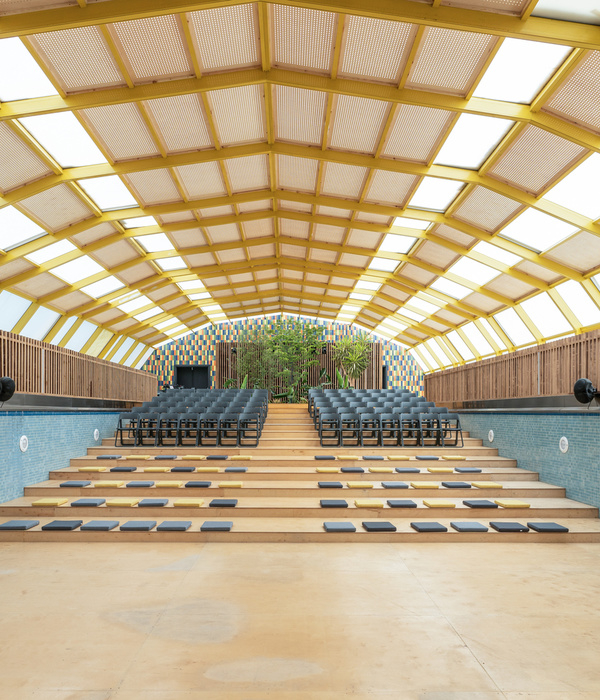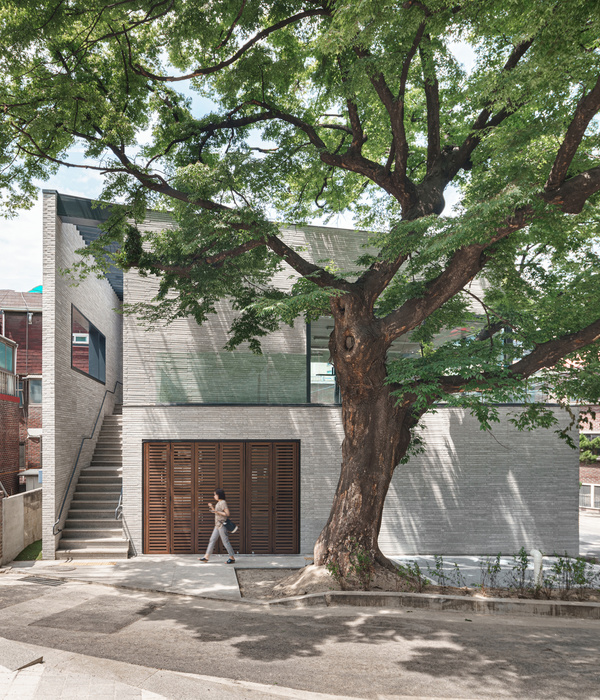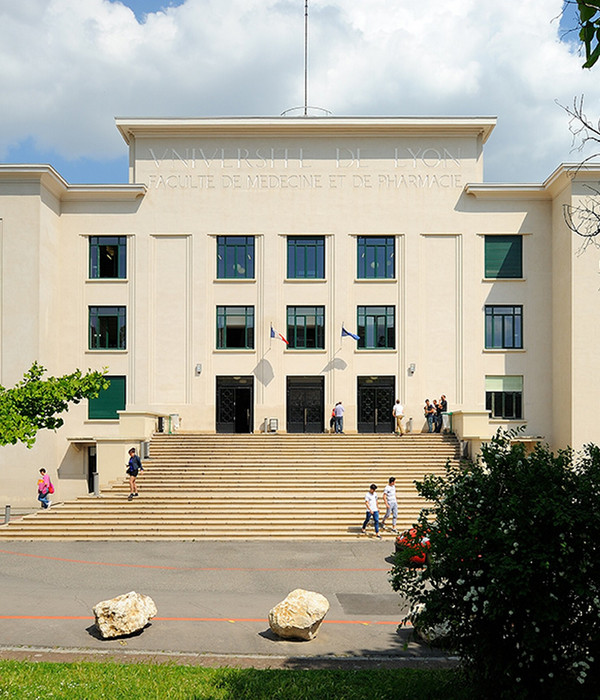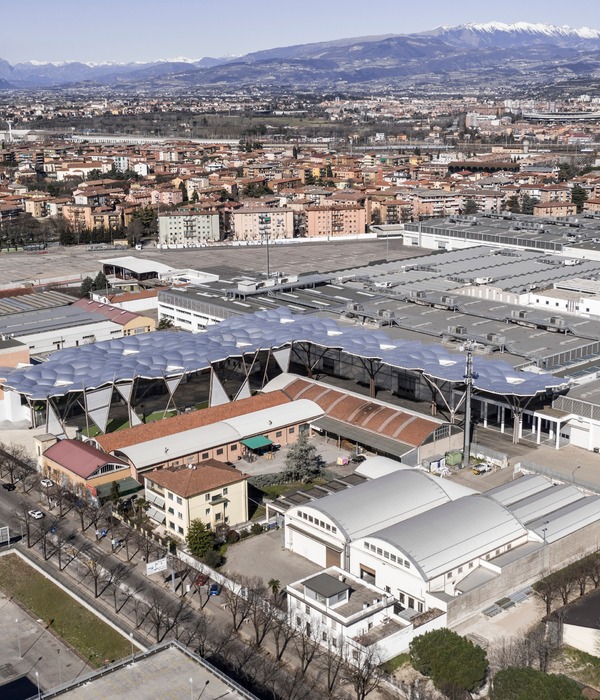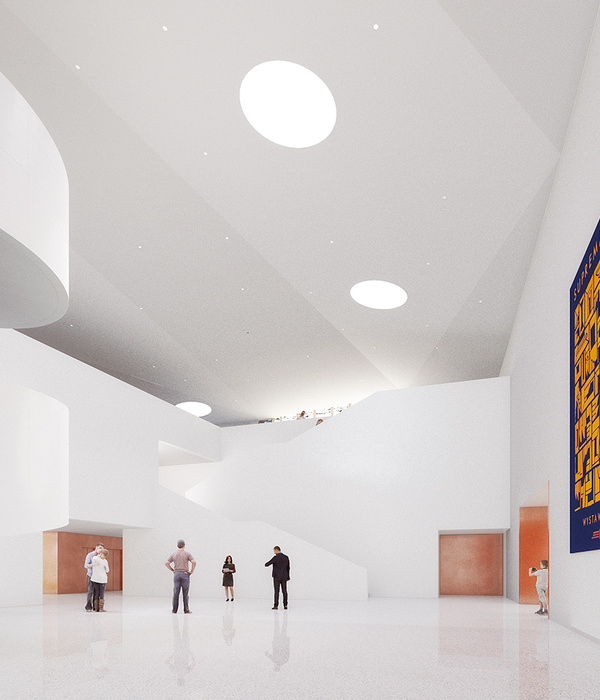‘The Torlonia Marbles. Collecting Masterpieces’ exhibition has opened at the recently-renovated Capitoline Museums at Villa Caffarelli
©Fondazione Torlonia, Electa, Bulgari
Consisting of 92 marble Greek and Roman works, the heavily-anticipated The Torlonia Marbles. Collecting Masterpieces exhibition has opened to the public. The pieces were selected from the 620 works in the private and extensive Torlonia collection spanning two centuries, and are now returned to full splendour with a restoration sponsored by Bulgari and carried out by Fondazione Torlonia.
The exhibition, also sponsored by Bulgari and designed by David Chipperfield Architects Milano led by Giuseppe Zampieri – partner and design Director, is organised into five chapters which show both the evolution of the collection over time and place the sculptures in their historical context. The chapters tell a story, conjuring historical Museo Torlonia for the viewer then leading her to the sculptures from the archaeological excavations carried out in the nineteenth century in the Torlonia’s family property. From there, she will view the marbles from eighteenth century collections kept at Villa Albani followed by artefacts from the collection of Marchese Vincenzo Giustiniani, before finishing with a series of works from fifteenth and sixteenth century collections.
Above, Vecchio da Otricoli, part of the Torlonia Collection. © Fondazione Torlonia. Photography: Lorenzo De Masi. Below, installation view. © Fondazione Torlonia, Electa, Bulgari
The staging is inspired by the 1885 catalogue of the Collezione Torlonia, early photographs from which portrayed the sculptures against a black background. Here this dramatic set is translated into a three-dimensional display of flooring and plinths, made from traditional bricks of dark grey clay which reference the foundations in blocks of cappellaccio in the buildings of ancient Rome. As a result, the statues appear to be almost emerging from the floor, held in sharp relief against contrasting pastel walls.The plinths, rising to different heights, are both architectural structures in their own right and foundations for the statues, effectively conveying the differing dimensions of each piece.
Above, Hestia Giustiniani, part of the Torlonia Collection. © Fondazione Torlonia. Photography: Lorenzo De Masi. Below, © Fondazione Torlonia, Electa, Bulgari
Each chapter of the story is defined by its own colour hues, making for a compelling storytelling. ‘As architects, it is a privilege to work with these sculptures of timeless beauty and to be tasked with developing spaces for them within the historic Villa Caffarelli,’ says David Chipperfield. ‘We feel a great responsibility to ensure that we are providing the ideal setting in which the public can encounter the sculptures as remarkable individual artworks, each with unique characteristics and history, while also allowing them to be seen as part of an almost mythical collection accumulated over centuries.’
For Bulgari CEO Jean-Christophe Babin, this cultural patronage offers another chance to enhance Rome’s archaeological riches. ‘The main significance of this exhibition is in sharing beauty: for the first time ever these 92 masterpieces of Greek and Roman art are unveiled to the general public,’ he says. ‘When we first got in touch with the Torlonia Foundation we understood the immense beauty of these marbles, and an enthusiastic drive for enhancing them immediately arose.’ With their role, Bulgari aim to preserve the Roman artistic heritage, handing it intact to future generations. ‘Our commitment is a way to give something back to a city we owe so much, whose treasures have indelibly forged our sense of beauty,’ Babin adds. ‘Private companies constitute the economic and social structure of a country and they must do their part for cultural growth, as much as possible.’ §
© Fondazione Torlonia, Electa, Bulgari Exhibiion design by David Chipperfield Architects Milano. Photography: Oliver Astrologo
{{item.text_origin}}






